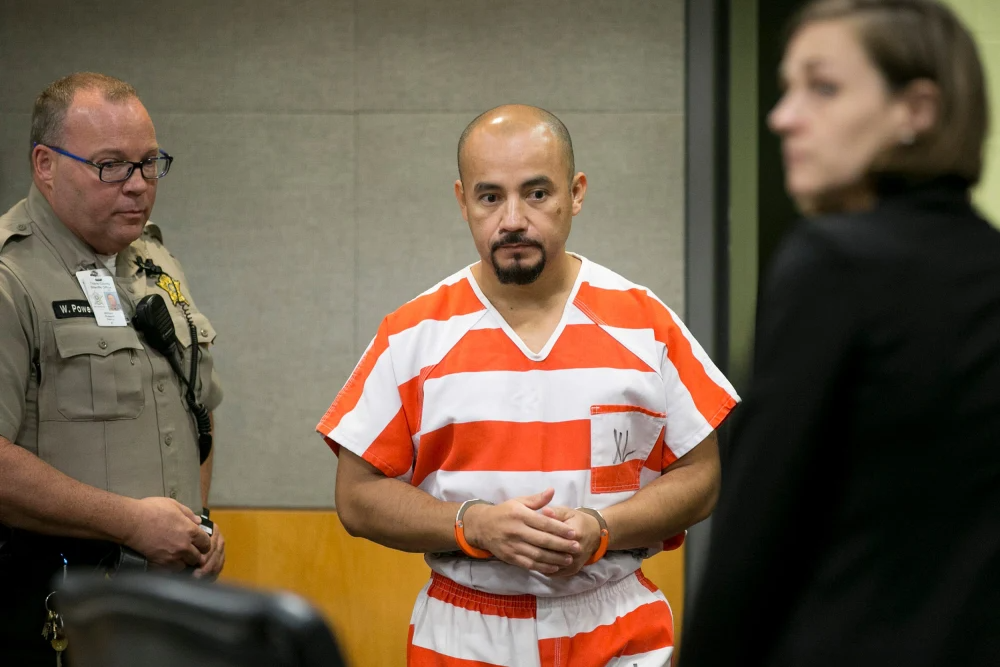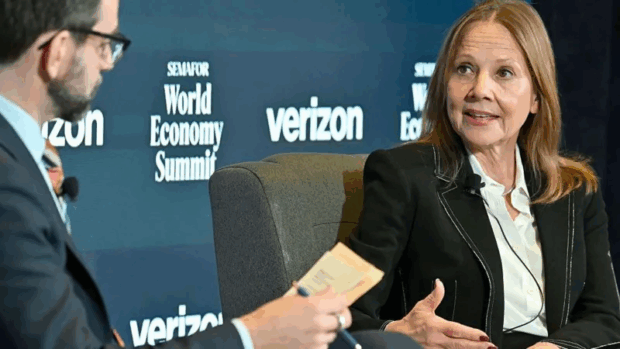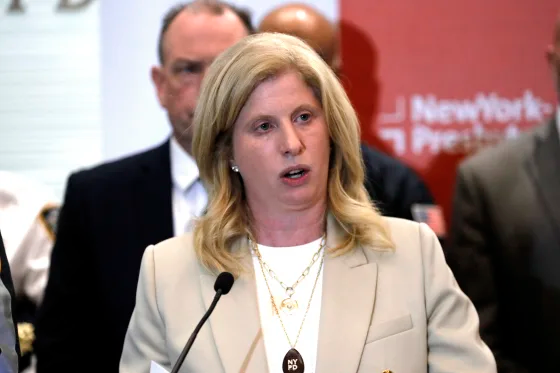
The Supreme Court on Monday refused to intervene in a Texas death row inmate’s appeal claiming his murder conviction should be overturned due to flawed DNA evidence presented at trial.
The justices declined to hear the appeal from Areli Escobar, who was convicted of murdering 17-year-old Bianca Maldonado in 2009.
In an unusual development, prosecutors had conceded the evidence was faulty and supported a new trial.
This case shares similarities with a recent Supreme Court decision involving Oklahoma death row inmate Richard Glossip. In both instances, prosecutors admitted errors, but state courts ruled against the defendants. The Supreme Court ultimately overturned Glossip’s conviction.
Escobar’s case highlights decisions by the Texas Court of Criminal Appeals, which in January 2022 upheld his conviction despite prosecutors acknowledging problems with the evidence.
After Escobar filed his first Supreme Court appeal, the justices in January 2023 requested the state court review the case again.
However, in September 2023, the state court once more ruled against Escobar, stating there was “no reasonable likelihood that the outcome would have changed if the false evidence had been replaced with accurate evidence.”
Escobar received a death sentence in 2011 for Maldonado’s murder, who was stabbed and sexually assaulted in her Austin apartment.
Prosecutors primarily relied on DNA evidence analyzed by the Austin Police Department’s laboratory and a private lab.
The police laboratory was subsequently shut down following a state investigation that revealed extensive errors and bias.
In 2020, a state judge determined Escobar experienced a due process violation resulting from “scientifically unreliable” evidence and deserved a new trial.
Escobar’s attorneys argued the appeals court’s first ruling failed to address the state’s admission of error. They described the second ruling as worse for “rejecting any deference to the considered judgment of the law enforcement officers who secured the guilty verdict.”
Travis County District Attorney Jose Garza wrote in a court filing supporting Escobar that the appeals court’s decisions were “surprising” and inadequately addressed the Supreme Court’s earlier directive for further review.
“The state complied with its constitutional and statutory duties to rectify an injustice and remedy false evidence by conceding error,” Garza wrote, adding that the appeals court “gave the state’s viewpoint no weight.”















Be the first to leave a comment